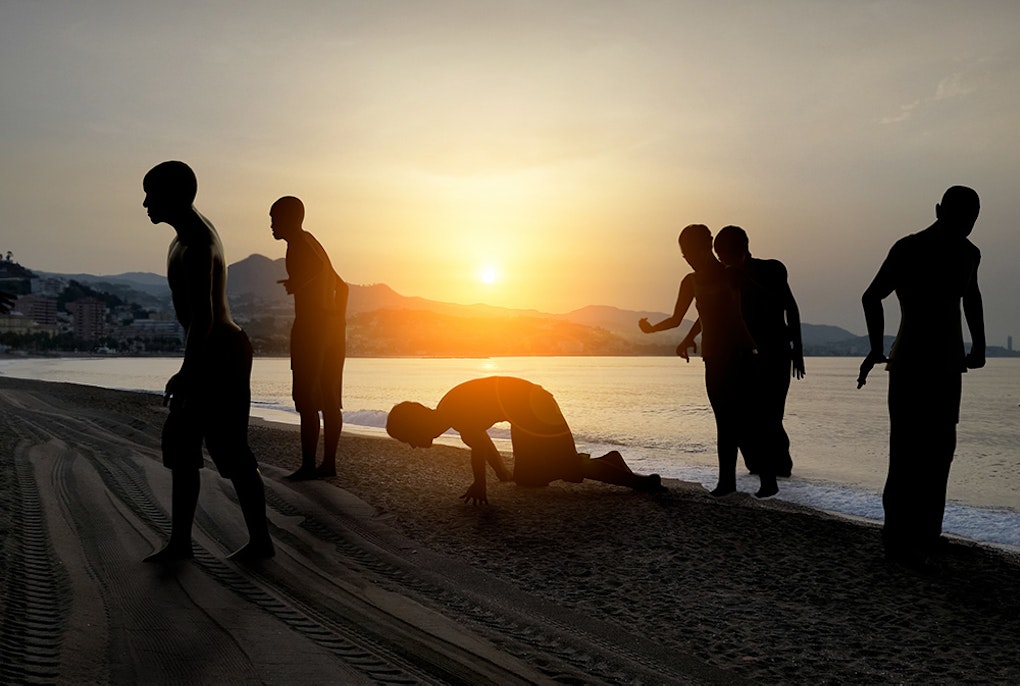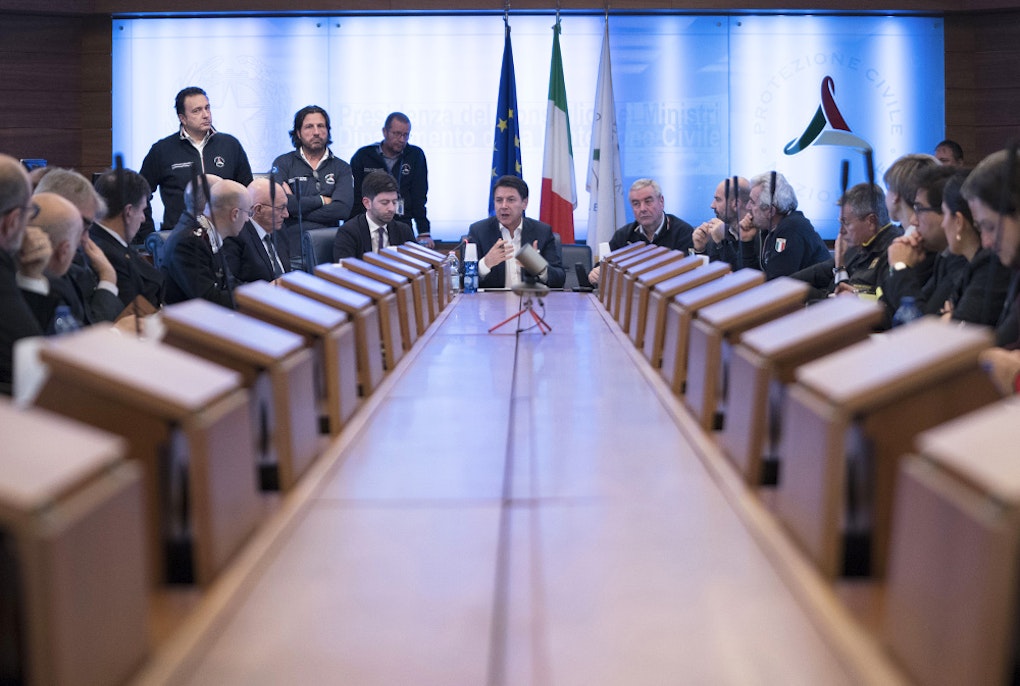
Us vs Them: A Game of Mirrors

How perceptions and stigmatisation are changing in the time of Covid-19
We are living in a time of fast and overwhelming changes that were unthinkable just few weeks ago. Would you ever have thought that requiring self-certification to throw out the garbage or take your dog for a walk would be necessary? As the term positive has changed its meaning to the opposite (being positive -to the test- now has a negative connotation), the same can be said for the perception of being discriminated against.
During the emergency, in different parts of the world, there have been many cases in which the virus was perceived to have been brought by those, who before the emergency, were considered white and privileged . In Ethiopia, Burkina Faso, Cameroun, Ghana and Tanzania, hundreds of violent incidents have been reported against foreign (white) citizens, many Italians among them. It’s also happened in South Africa where black South Africans living in the slums have accused white people returning from their business and leisure trips in Europe, of having brought the virus back home. This type of prejudice has even occurred in Europe and the US, where, at the beginning of the emergency, Italians were considered the main source of the epidemy in Western countries (´gli untori`).
Another part of this prism that shows how fast our perceptions are changing is the story of the many Italians who, although originating from one of the most industrialised countries in the world, lost their jobs in Australia following the closure of countless companies, and have since been left without insurance or welfare benefits of any kind and who have also even been forbidden from returning to Italy for many weeks.
These situations remind us that we are now all exposed to suddenly becoming vulnerable and discriminated against: becoming them in contrast to us.
However, In the time of Covid-19, it’s important to acknowledge that the effects of the emergency are proving dramatically severe for the most stigmatised and disadvantaged individuals in society. While it is undoubtedly true that the virus, as it spreads, makes no distinctions, it is equally true that the legal, housing, work and even existential precariousness to which many homeless, refugees, asylum seekers, migrants, Roma and other vulnerable minorities are exposed, determines formidable risks not only for them, but at large and indirectly for society as a whole. Many of these minorities live on the margins of society, some are homeless, or live in overcrowded camps or informal settlements; many experience unstable housing conditions characterised by minimal sanitation or running water, with major difficulties when it comes to accessing health and other primary services, including basic information.
For many of them, the initial invitations, which have now become orders: stay at home, wash your hands frequently and maintain social distancing, are simply unfeasible and may even sound like a mockery. Under these circumstances, for homeless, refugees, asylum seekers, migrants, Roma and other minorities, the slogan I stay home (io sto a casa), implemented after the emergency containment measures, is better translated – I would like to stay at home (io vorrei stare a casa).
An additional consequence of the emergency that is often neglected as marginal and negligible, is the fact that the decision taken by many countries to introduce entry restrictions at their borders, while having an impact on leisure and business travel across the world, is also having dire consequences on individuals fleeing danger. For asylum seekers in many places around the world it is in fact no longer possible to cross an international border to a country of safety or to file an asylum claim. And for many asylum seekers, this is a matter of life and death.
When the emergency is finally contained, we should look at the many neglected, stigmatised and discriminated individuals with a different, more empathetic , approach not only because society as a whole will benefit in general from enhanced social cohesion and prosperity, but also because one day, white privileged classes could also easily experience the same treatment and find themselves in the shoes of a completely different sector of society. This is just one of the legacies that the virus has already given us, though history has taught us that we often have a very short memory.
 | Roberta Medda-Windischer is a lawyer. She has worked for the UN, CoE and OSCE, and since 2001, has been a Senior Researcher/Group Leader at the Eurac Institute for Minority Rights, specialising in migration issues, human rights and minority protection. |
Citation
This content is licensed under a Creative Commons Attribution 4.0 International license.
Related Post


Emergenza sanitaria e libertà fondamentali: facciamo il punto
 Caterina Bortolaso
Caterina Bortolaso
Achtung, Grenze!
 Alice Engl
Alice Engl